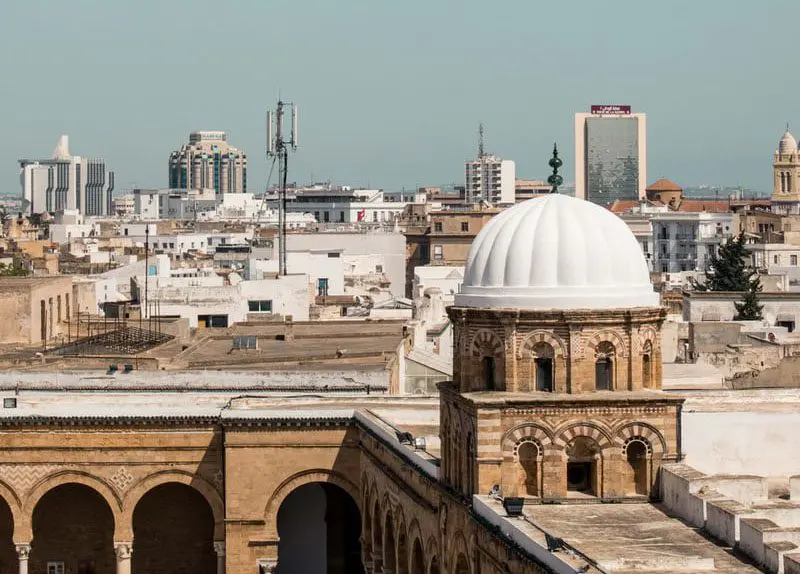The Tunisian head of state, Kaïs Saïed, had decreed the suspension of parliament on July 25 for one month.
The state of emergency in Tunisia is renewed. The Tunisian head of state, Kaïs Saïed, announced it on the night of Monday 23 to Tuesday 24 August, in the form of a laconic press release from the Presidency of the Republic. The text specifies that the “exceptional measures” taken on July 25 – the president then invoked an “imminent danger” under article 80 of the Constitution – are “extended (…) until further notice”.
Concretely, the presidential decision to suspend the work of the Assembly of People’s Representatives and to lift the immunity of deputies is therefore extended. At this stage, Mr. Saïed, a conservative lawyer elected in October 2019 in favor of a vague anti-system, does not say more about a scenario of exit from the crisis in which Tunisia is plunged. The presidential statement is content to specify that the head of state “will make a statement to the Tunisian people in the coming days”.
The July 25 crisis was the culmination of a clash between the President of the Republic and his own head of government, Hichem Mechichi (dismissed on July 25), supported by a majority coalition in Parliament, dominated by Ennahda, a party from the Islamist matrix.
He appears to have widespread popular support in Tunisia, where years of misgovernance, corruption and political paralysis have been aggravated by a deadly surge in COVID-19 cases.
But the president’s moves have raised concerns among some Tunisians about the future of the democratic system that the country adopted after its 2011 revolution that triggered the Arab Spring.
Authorities have placed several officials, including former ministers, under house arrest and prevented politicians and businessmen from traveling.
Saied was elected in a landslide in 2019 promising to stand up against corruption.







